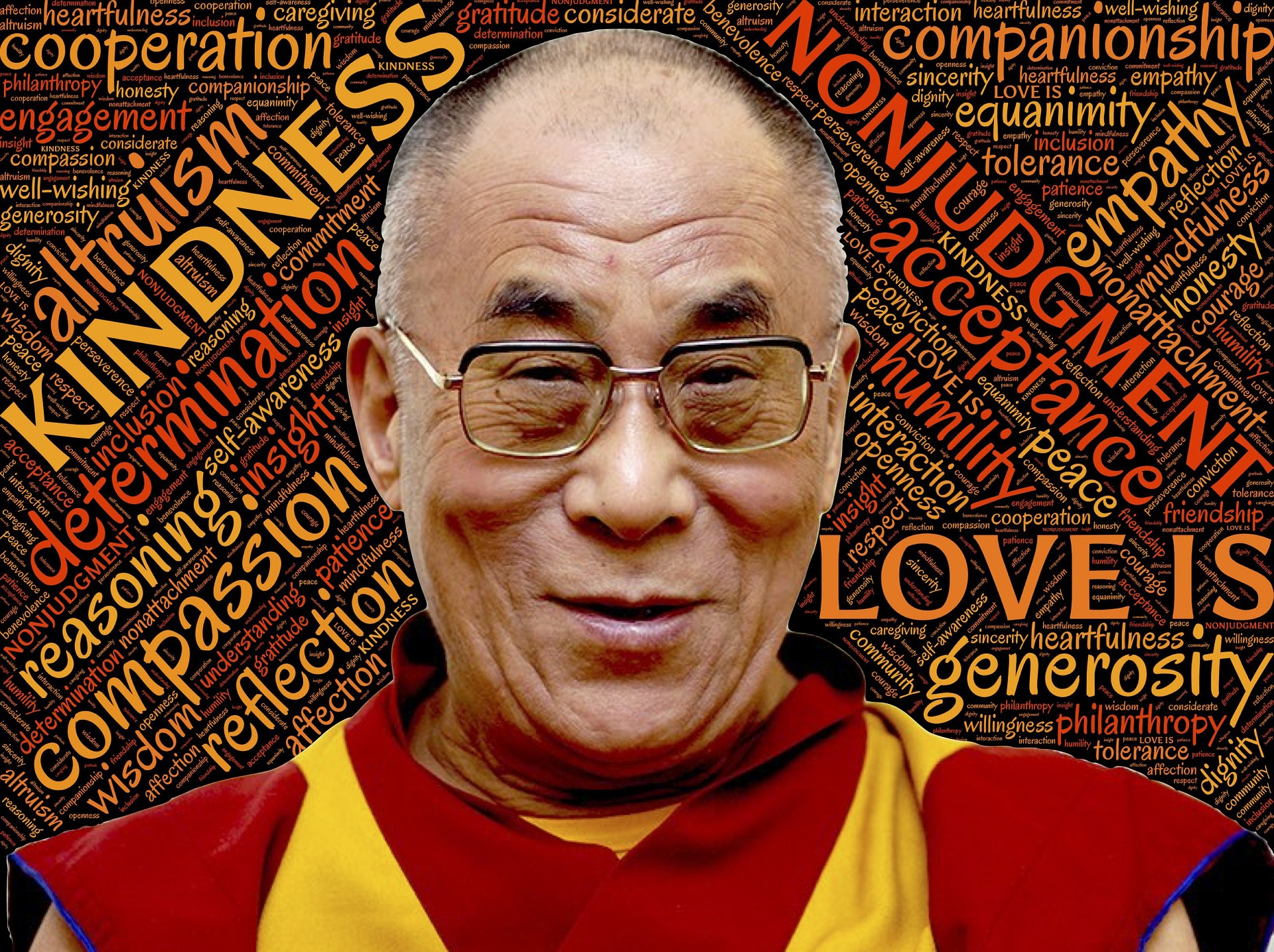Should Religious Leaders Engage in the AI Debate?

2nd September 2024
Artificial Intelligence (AI) is rapidly transforming various aspects of our lives, from healthcare and transportation to communication and entertainment. As this technology evolves, it brings with it a host of ethical, social, and philosophical questions that have sparked global debate. In this context, a pertinent question arises: should religious leaders, engage in discussions about AI? This blog explores the reasons why religious leaders should or should not be involved in the AI debate, considering their potential influence and the moral and ethical dimensions of AI.
The Role of Religious Leaders in Society
Religious leaders, including the Dalai Lama and Pope, hold significant influence over large groups of people. Their teachings and opinions shape the beliefs and behaviours of their followers. Traditionally, religious leaders have addressed moral and ethical issues, offering guidance on topics ranging from social justice to bioethics. Given this role, it seems natural to consider their involvement in the AI debate, which is filled with ethical implications.
Reasons for Religious Leaders to Engage in the AI Debate
1. Ethical Guidance
AI technologies pose numerous ethical dilemmas, such as bias in algorithms, privacy concerns, and the potential for job displacement. Religious leaders, who are often seen as moral authorities, can provide valuable perspectives on these issues. Their involvement can help ensure that AI development and deployment are aligned with ethical principles that prioritise human dignity, justice, and the common good.
For example, the Pope has previously spoken on issues related to technology and ethics. In his encyclical Laudato si, Pope Francis discusses the moral implications of technological advancements and their impact on the environment and society. His engagement in the AI debate could similarly highlight the importance of ethical considerations in technological development.
2. Human-Centric Perspective
Religious teachings often emphasise the intrinsic value of human life and the importance of community and relationships. In the context of AI, these values are crucial. As AI becomes more integrated into society, there is a risk of dehumanisation, where human interactions are replaced by machine-mediated ones. Religious leaders can advocate for a human-centric approach to AI that emphasises empathy, compassion, and the preservation of human connections.
3. Advocacy for the Vulnerable
One of the key concerns with AI is its potential to exacerbate inequalities. AI systems can perpetuate existing biases, leading to unfair treatment of marginalised groups. Religious leaders, who frequently advocate for social justice and the protection of the vulnerable, can play a vital role in ensuring that AI technologies are developed and used in ways that promote equity and inclusivity.
4. Long-Term Ethical Considerations
The development of AI raises questions about the future of humanity and the nature of human existence. These are not just technical or economic questions but also deeply philosophical and theological ones. Religious leaders are well-positioned to contribute to these discussions, offering insights that can help society navigate the profound changes that AI may bring.
Reasons Against Religious Leaders’ Involvement in the AI Debate
1. Lack of Technical Expertise
One of the primary arguments against religious leaders’ involvement in the AI debate is their lack of technical expertise. AI is a complex and rapidly evolving field that requires a deep understanding of computer science, data science, and engineering. Critics argue that religious leaders may not have the technical knowledge necessary to engage meaningfully in discussions about AI’s development and implementation.
2. Potential for Bias
Religious leaders come from specific theological and philosophical traditions that may not be universally applicable. Their involvement in the AI debate could introduce biases that are based on particular religious doctrines. This could lead to recommendations that are not inclusive of diverse perspectives, potentially alienating those who do not share the same religious beliefs.
3. Separation of Religion and Technology
Some argue that there should be a clear separation between religion and technology, much like the separation of church and state. They contend that technological development should be guided by secular ethical frameworks that are inclusive of all beliefs and that religious leaders’ involvement could blur these boundaries.
Striking a Balance
While there are valid arguments on both sides, a balanced approach might be the most effective way forward. Religious leaders do not need to become technical experts to contribute meaningfully to the AI debate. Instead, they can collaborate with technologists, ethicists, and policymakers to provide ethical guidance and ensure that human values are prioritised in AI development.
Conclusion
The debate about whether religious leaders like the Pope should engage in discussions about AI is complex. On one hand, their ethical guidance, human-centric perspective, advocacy for the vulnerable, and long-term considerations are invaluable in navigating the moral landscape of AI. On the other hand, their lack of technical expertise, potential for bias, and the need for a secular approach to technology are significant considerations.
Ultimately, the involvement of religious leaders in the AI debate should be seen as part of a broader, multidisciplinary conversation. By collaborating with experts from various fields, religious leaders can help ensure that AI technologies are developed and used in ways that uphold human dignity, promote social justice, and foster a more inclusive and equitable society.
What do you think?